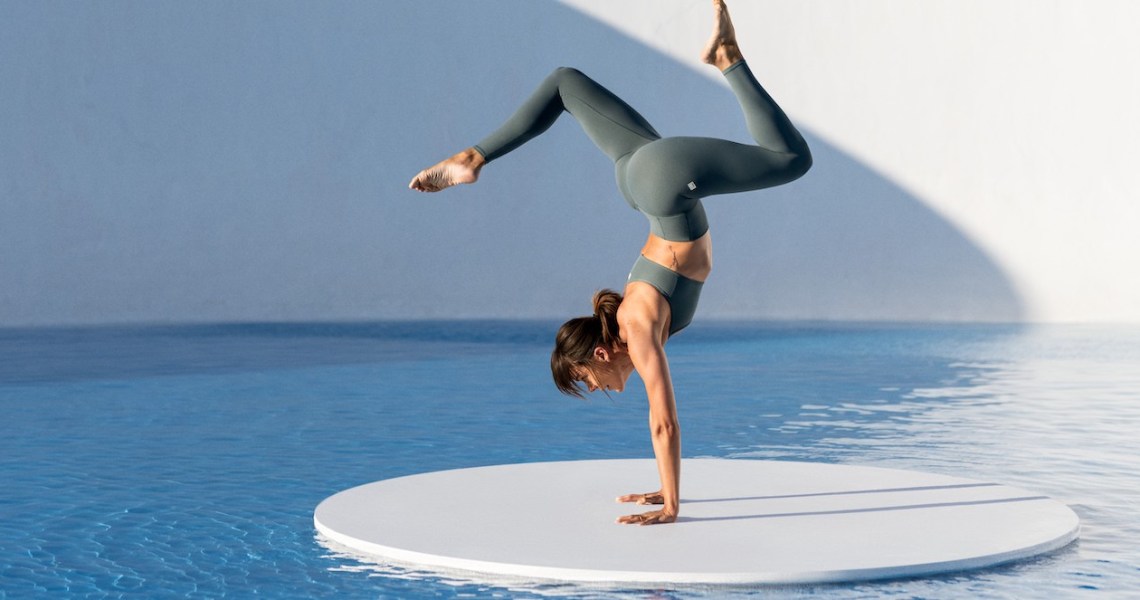“The days of easy money are over,” according to Jon Kossow, managing partner at the investment firm Norwest Venture Partners.
Norwest is part of the board of the activewear brand Vuori, which just brought in an $845 million funding round this month. At a time when many brands are struggling to find investment, the amount of funding was notable. But Norwest wouldn’t have put that amount of money into a brand without having serious confidence in its ability to succeed. Kossow said he’s looking for brands that “don’t want or need money” and are comfortably profitable on their own.
Norwest, which has over $15.5 billion in assets, has invested in companies including Birdies and Faire. Kossow spoke to Glossy about what kinds of things he likes to see in a potential investment, how he thinks about investing in the modern consumer landscape and how brands can set themselves up for success when courting investors.
Profit matters
Kossow said that one of the immediate things that made Vuori a good investment was just how healthy the business was on its own. Vuori has been growing its revenue at a rate of about 250% per year since its 2015 launch. It was Kossow and Norwest who reached out to Vuori founder Joe Kudla, rather than the other way around.
“The business was operating autonomously, making good money,” Kossow said. “It didn’t need a capital infusion to stay afloat. Instead, our funding was about helping them scale up.”
In the late 2010s and through the beginning of the pandemic years, it was normal for brands to raise capital first and figure out a profitability plan later. Kossow said that isn’t cutting it anymore, and brands with profits or a clear path to profitability are far more attractive to investors, even if they’re smaller.
“As investors, we’re attuned to knowing what levers can be pulled to demonstrate leverage [toward profitability],” Kossow said. “It’s not just about growth speed. Early-stage brands may be growing at a fast rate, but we can tell [when] they don’t have a handle on profitability. Meanwhile, a brand that’s growing at 20% per year but demonstrates good financial discipline is more attractive to us.”
Thoughtful expansion
The word “discipline” is one that Kossow used repeatedly to describe the type of founders he’s most looking to work with. Vuori, for example, has been expanding both its operations and its product categories in a measured, smart way, Kossow said. Vuori has slowly introduced activewear-adjacent categories, like outerwear, and opened in international markets with demonstrated demand, like London.
“You need brand permission and consumer permission before you expand,” Kossow said. “You do that by earning trust in the category in which you’re strong. Vuori started with its Strato Tech fabric in T-shirts and then expanded that to dress shirts. When you have trust in the brand and the product as it stands, it makes [expanding] to new categories easier.”
Another change Kossow noted in the investment landscape from the 2010s is the lessened ability for brands to grow solely through paid marketing. Product is now central, as is finding a niche in the market.
“When you have a product that works and demand for it, then you can put fuel on the fire,” he said. “And if there’s pull for your product from the market, then the dollars you do spend on marketing will go a lot farther.”
The right fit
The hardest thing for brands to change has nothing to do with operations or profit margins. It’s the personality and integrity of the founder.
Kossow said knowing that the person Norwest is investing in is operating in good faith and will be good to work with trumps everything.
“It’s the most important thing; the chemistry with the founder,” Kossow said. “[We want] transparency, no surprises. We want people who can share bad news with us honestly. We’re a minority investor so we don’t have a controlling stake in a lot of companies. So we have to know that the person in charge is someone we can work with. That’s critically important.”




